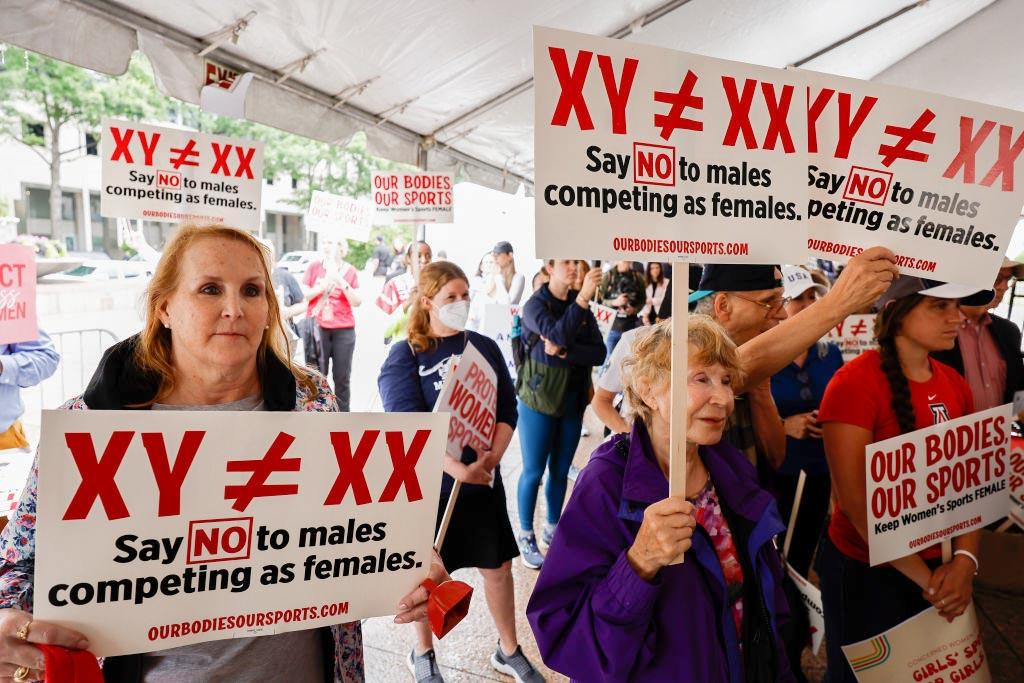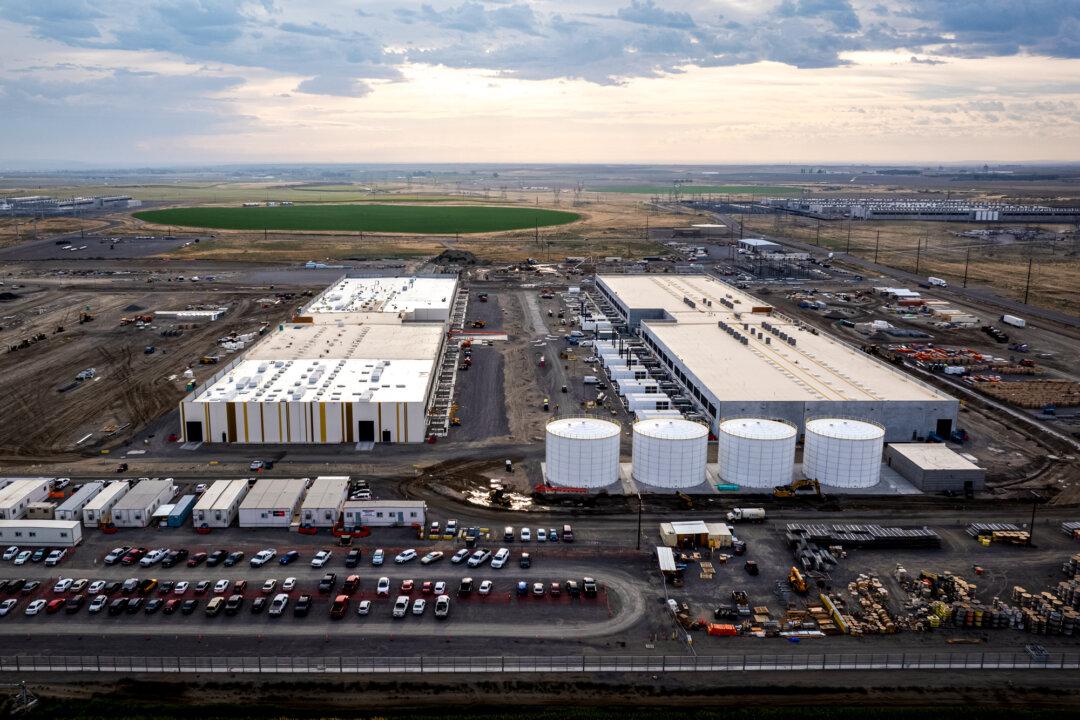Walmart announced in February that it will close its last two stores in the city of Portland, Oregon, by March 24.
Though the retailer did not say whether relentless shoplifting was a factor in shuttering the locations, Walmart CEO Doug McMillon warned last year that an uptick in retail theft could lead to store closures or higher prices.





